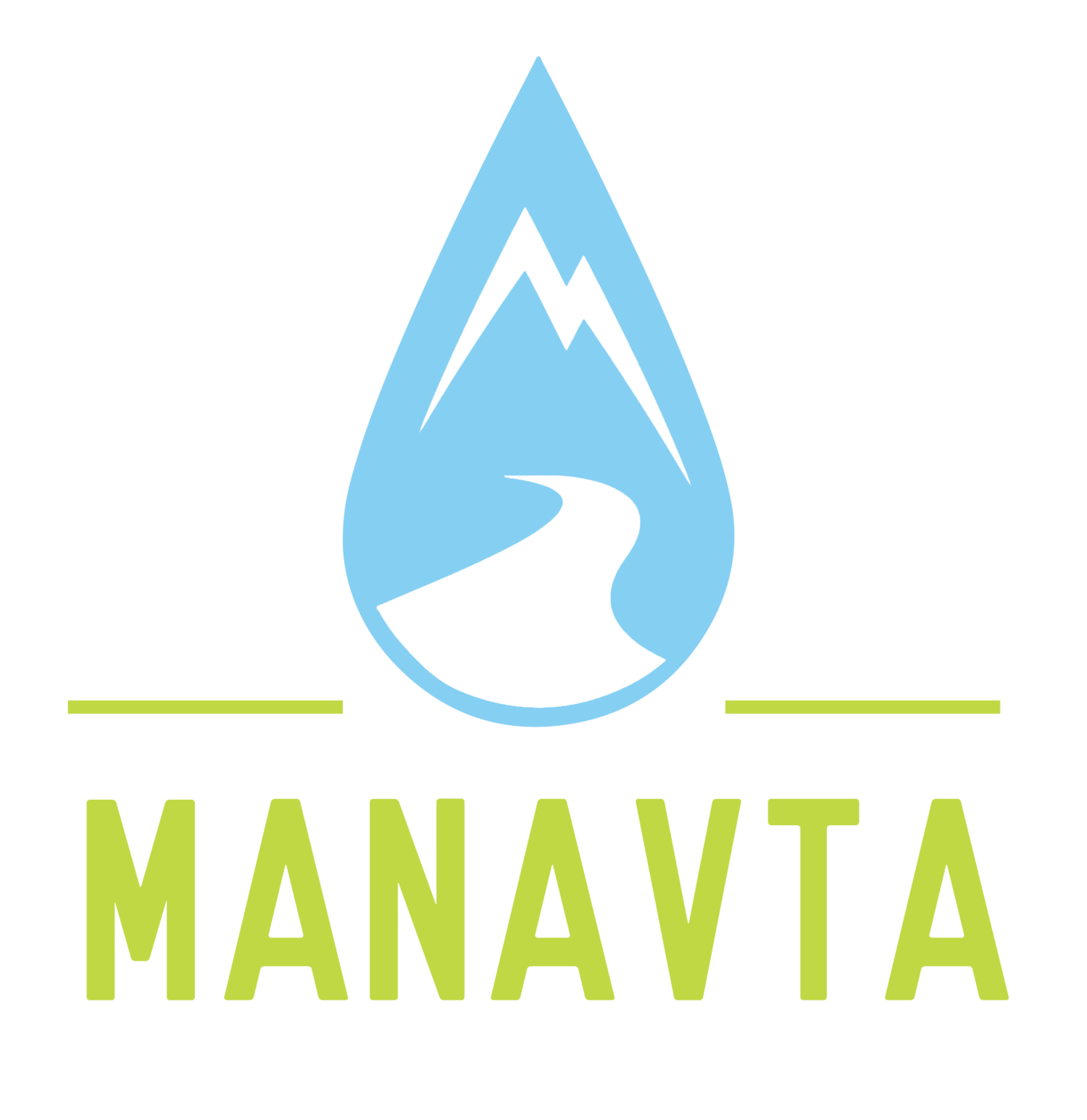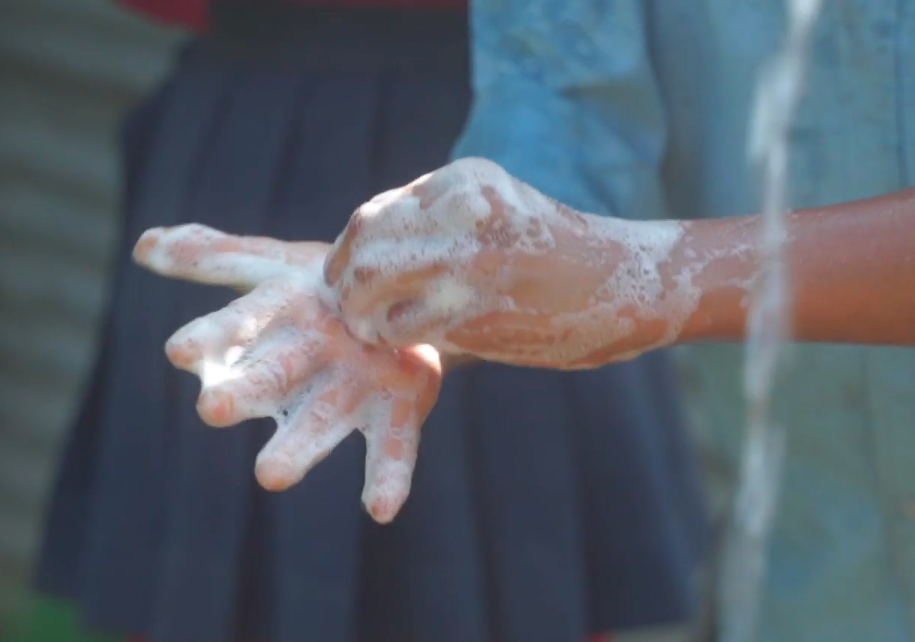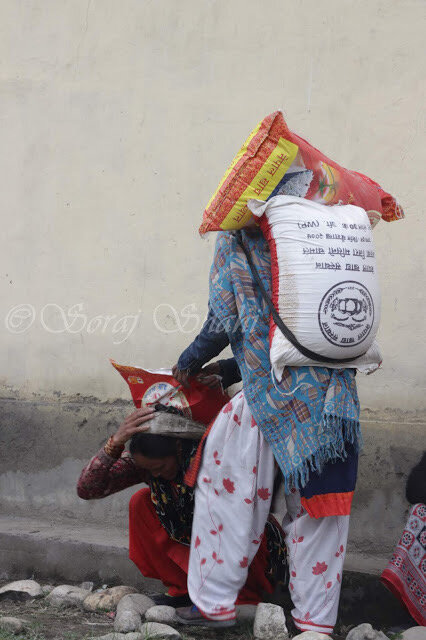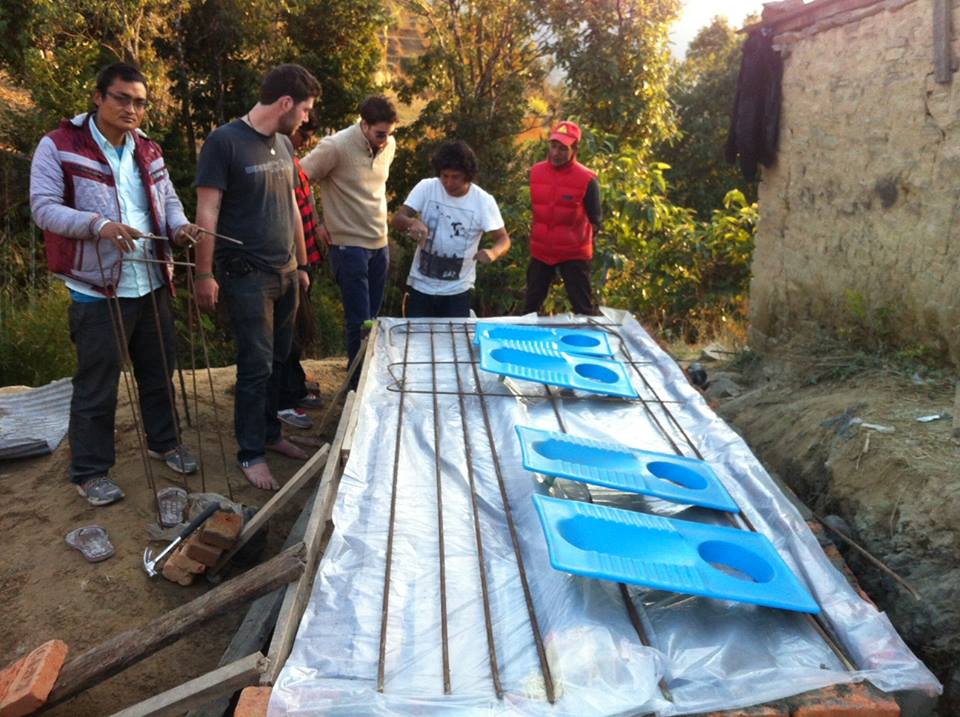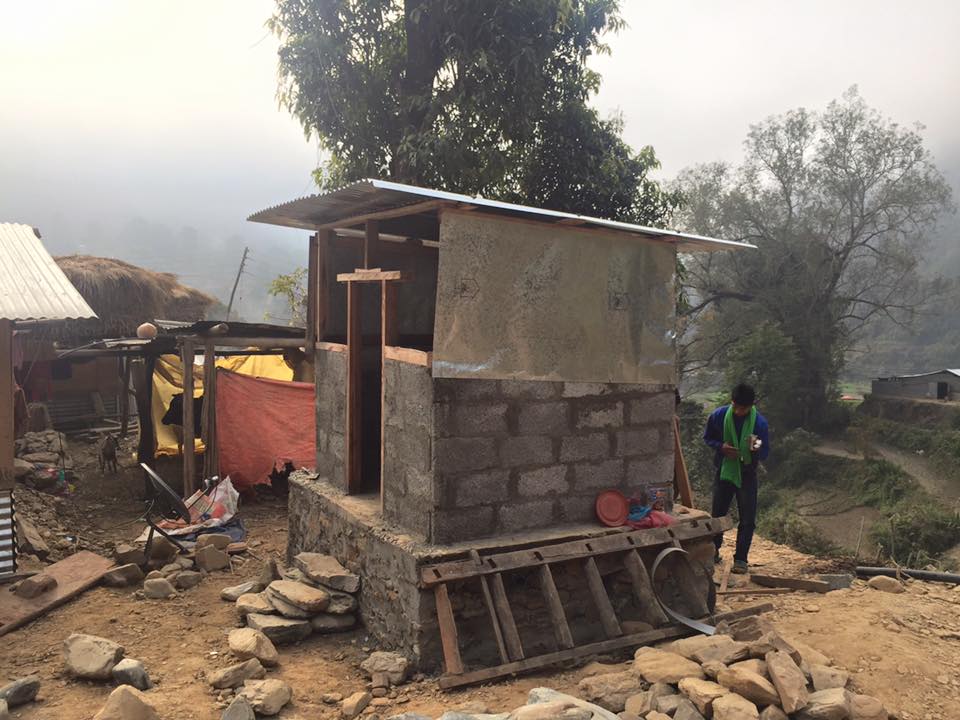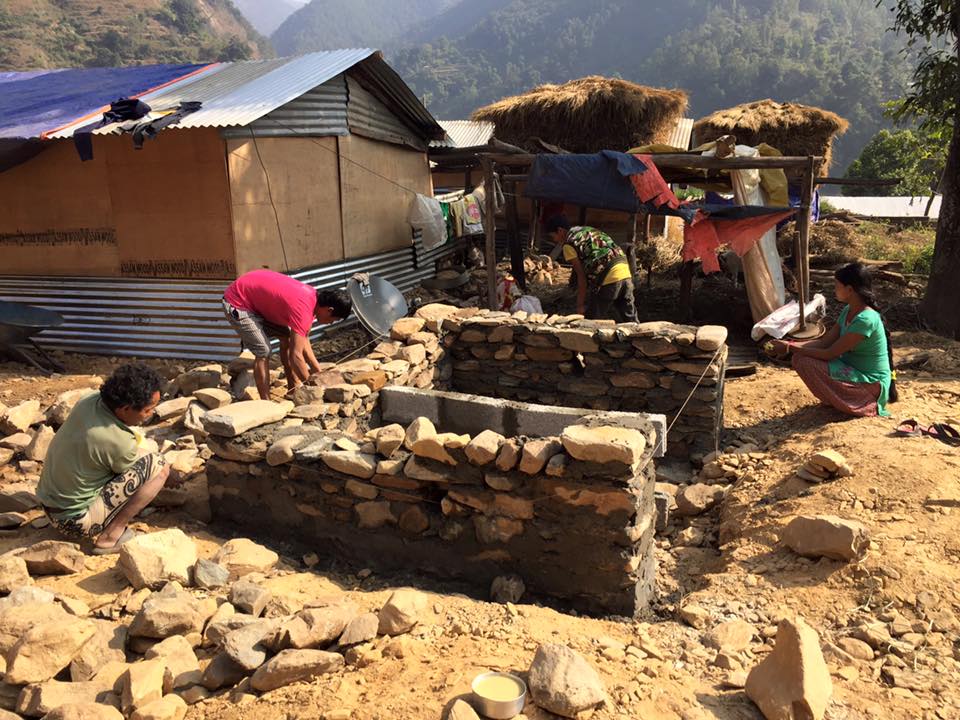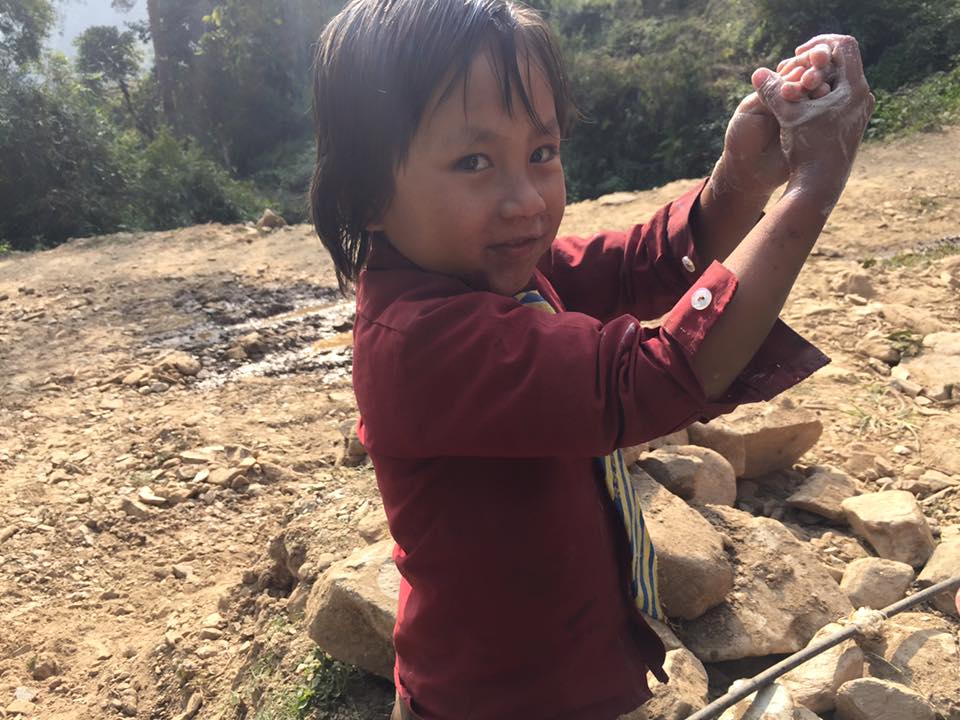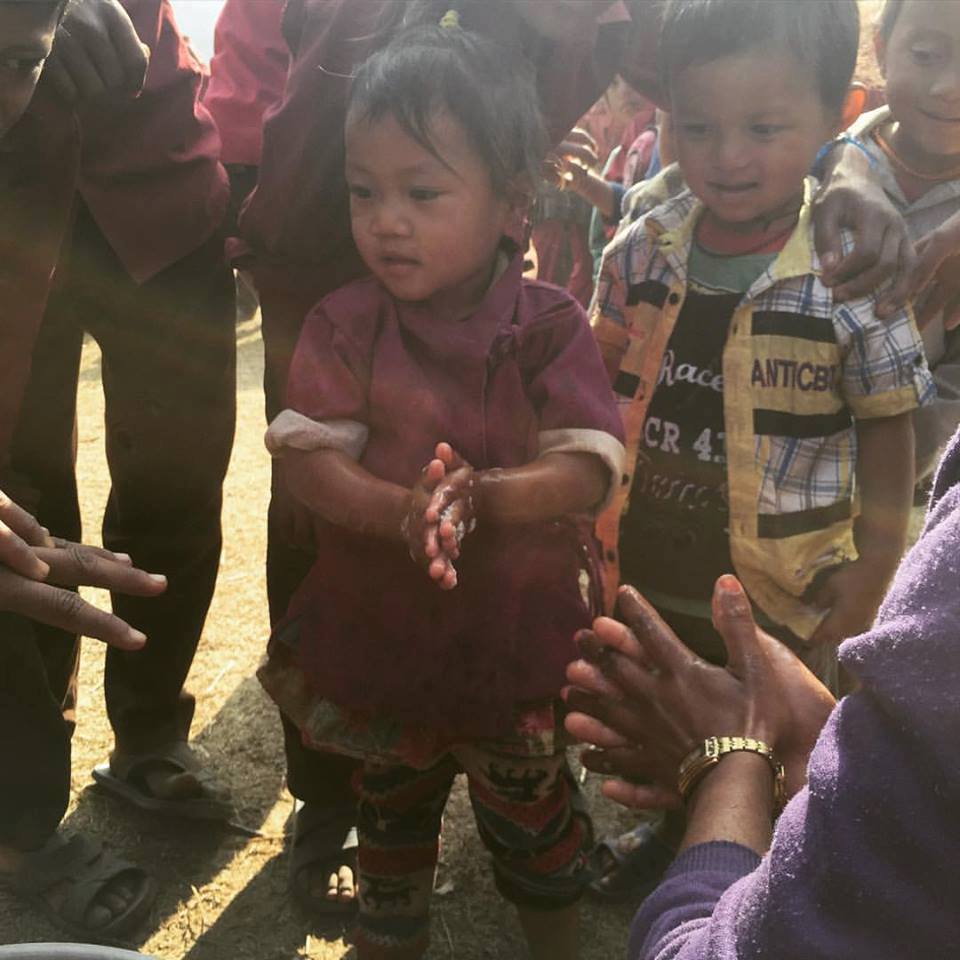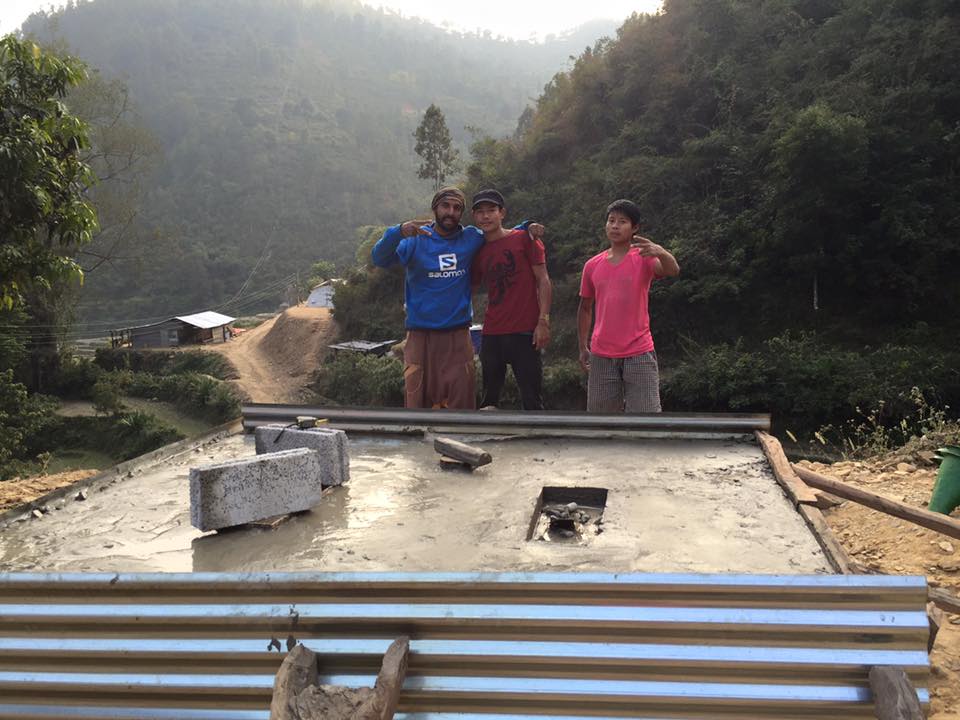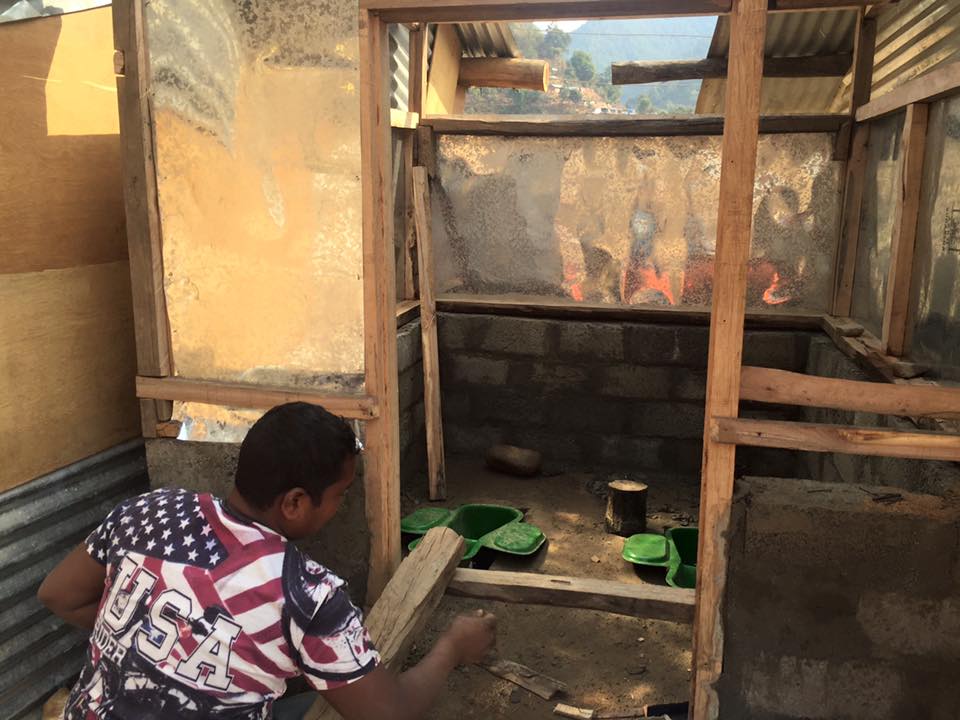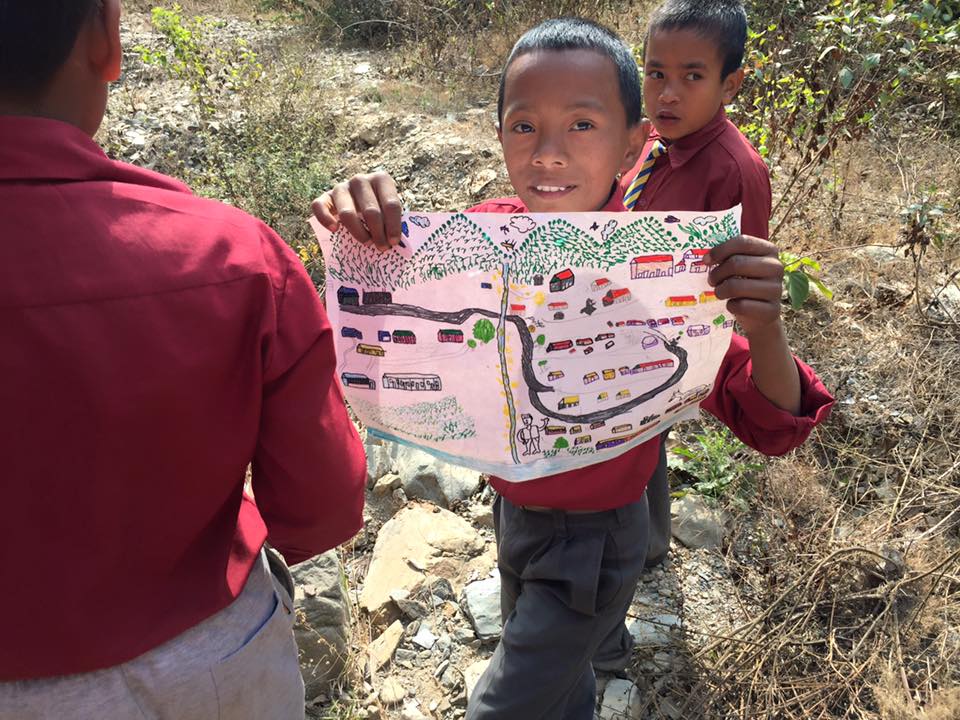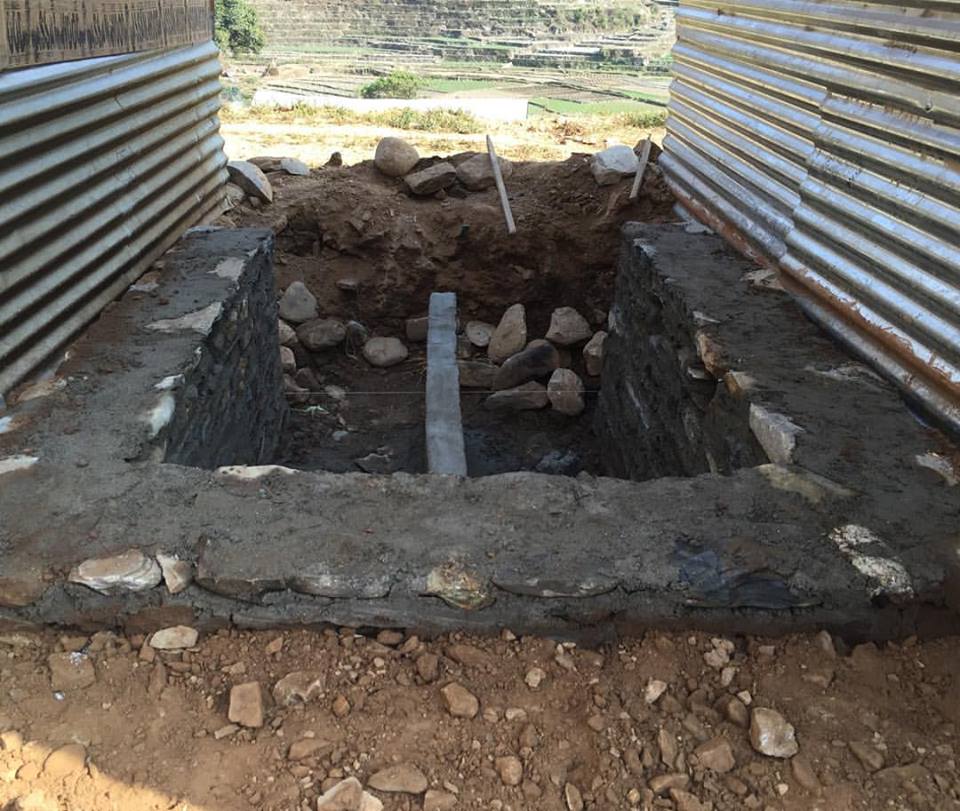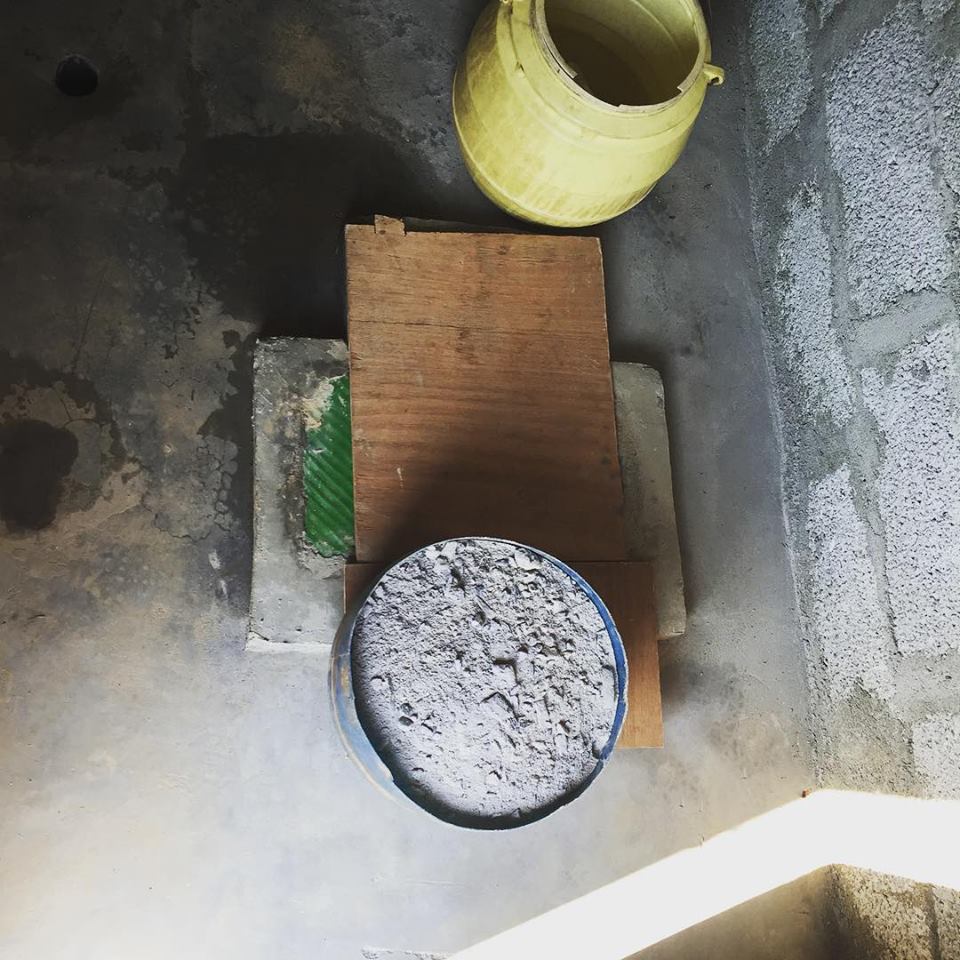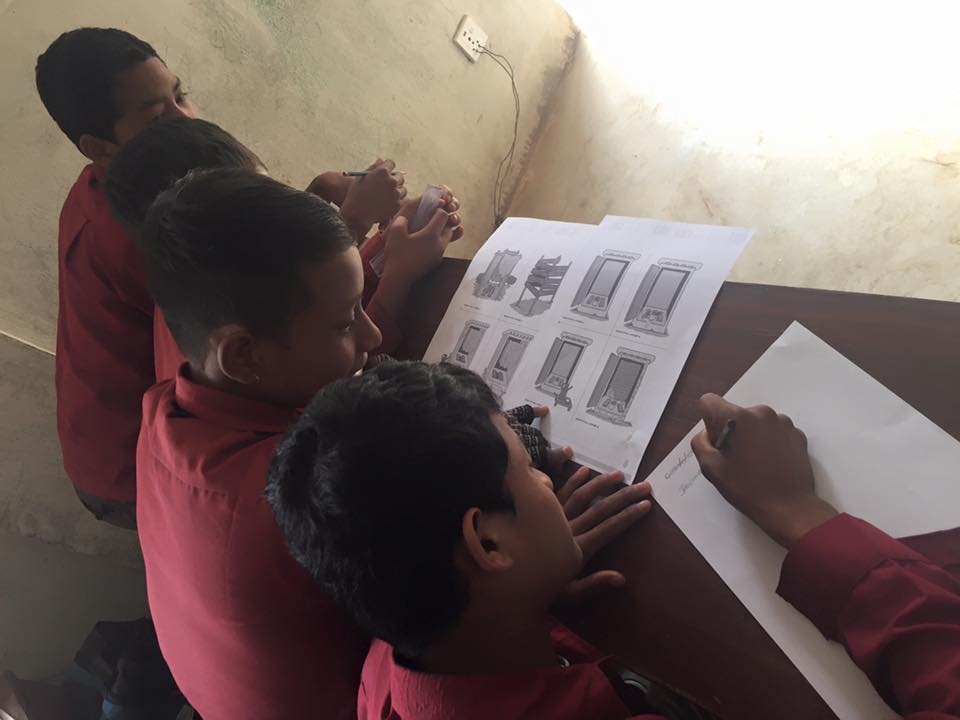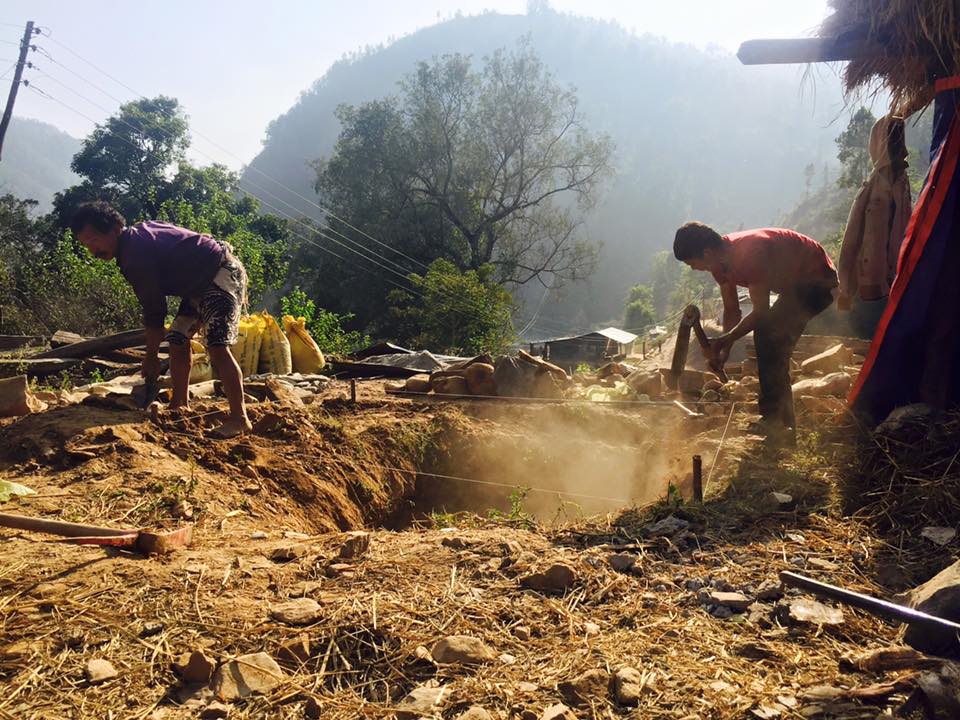Public hand wash station in Thamel, Kathmandu.
As the world swiftly takes measures to slow the spread of the novel coronavirus, engaging in social distancing and frequent hand-washing, experts are still predicting a death toll that could run into the tens of thousands.
Yet we are still among the lucky ones. At least we can wash our hands. Many are unlikely to be able to afford soap, let alone have clean water. As the news headlines have been all about keeping our hands clean, organizations alike must consider what this outbreak means for the worlds poorest. I recently came across a publication by the WHO that outlines the magnitude of this crisis and I’d like to share some key statistics.
THE BREAKDOWN
Roughly 3 billion people, nearly 40% of humanity, almost all in developing nations, lack basic hand washing facilities at home.
47 per cent of schools lack a hand washing facility with water and soap, affecting 900 million school-age children. Thats over one-third of schools worldwide!
16 per cent of healthcare facilities, or around 1 in 6, have no hygiene service. Meaning where patients receive care there is no soap and water at toilets.
District hospital, Mugu Nepal. Photo : Monkia Deuapala, Kathmandu University
REAL TALK
The corona virus will no doubt cause economic and human tragedies. But what this could potentially do to the developing world is over the top. In Nepal for example, around 3 in 10 people do not have access to hand washing with soap and water at home. What is even more appalling especially at a time like this, 54 per cent health care facilities have no access to hand-washing facilities.
While some of us are worrying about stocking up enough paper to clean our bums, some of the worlds poorest nations are bracing for catastrophic consequences if Covid-19 spreads.

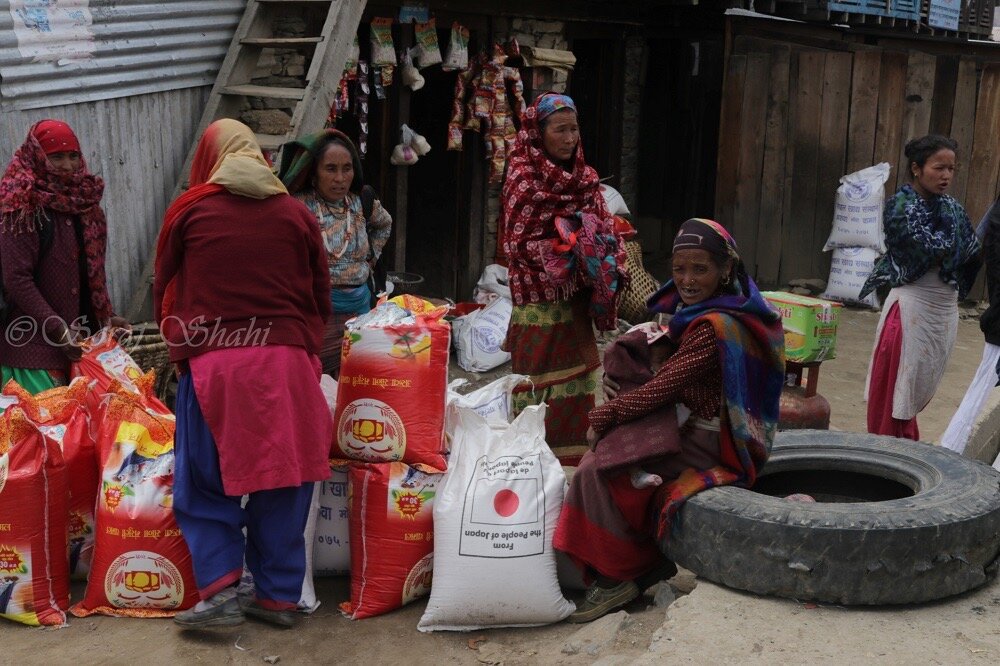

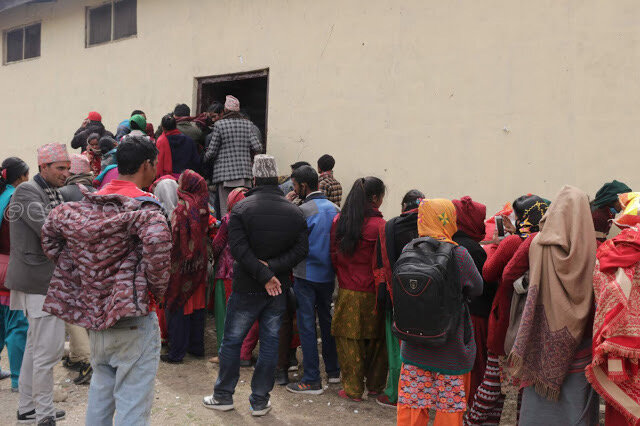
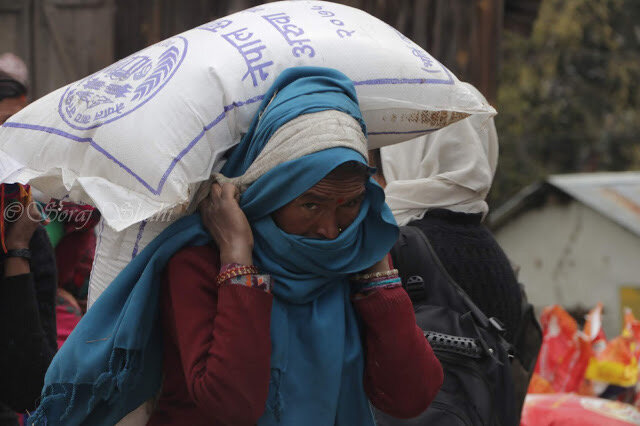
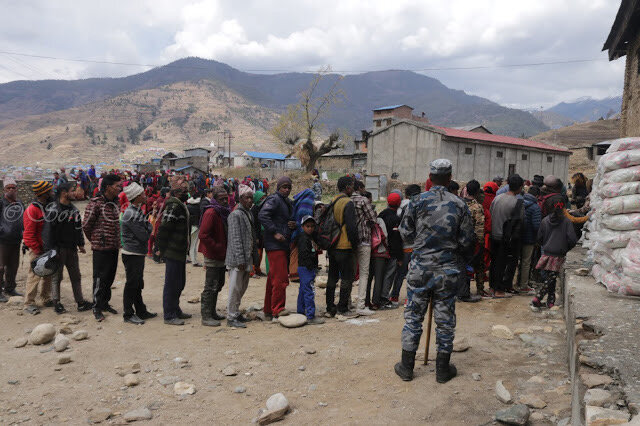
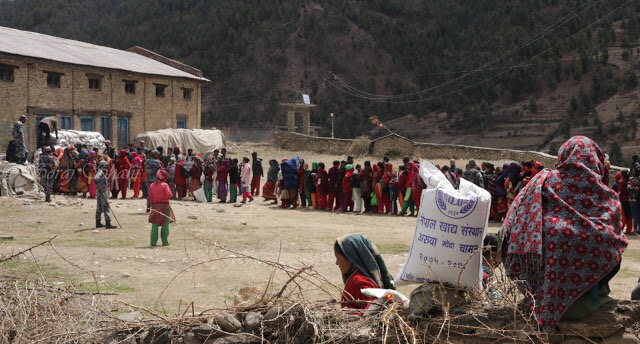
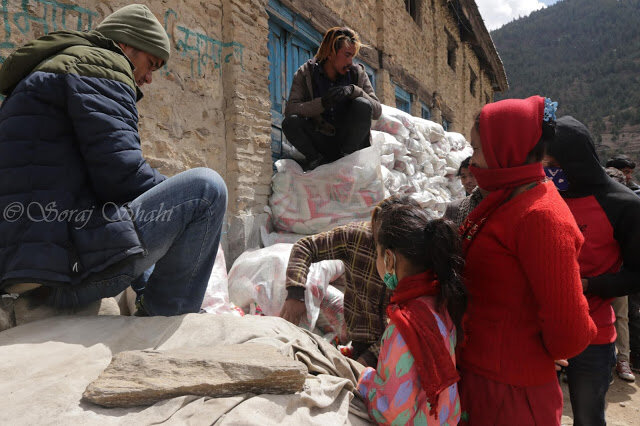
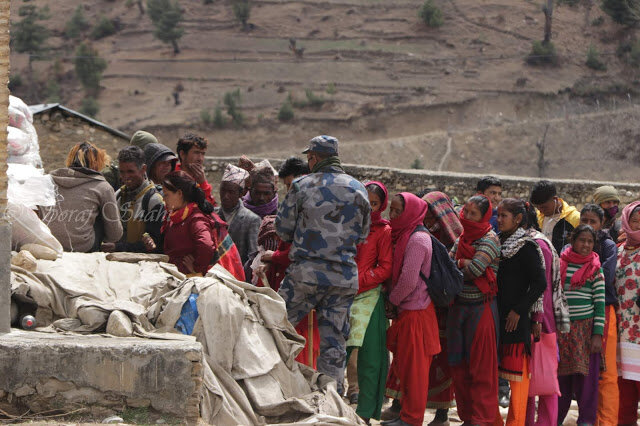

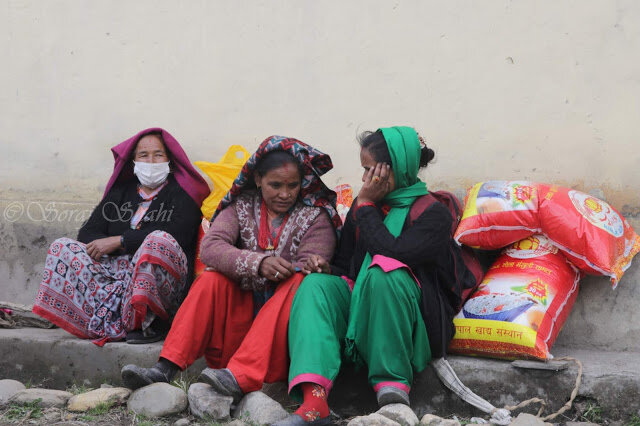
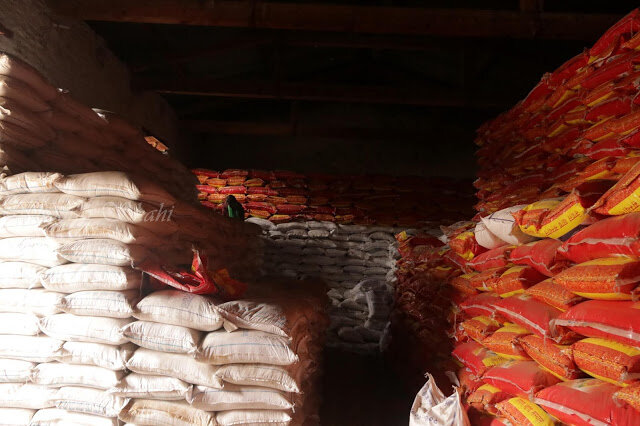
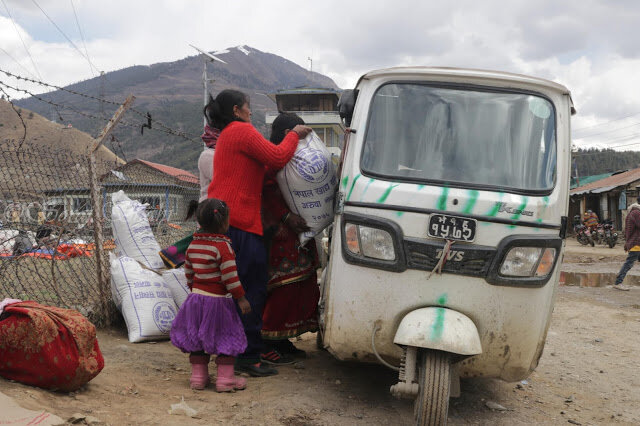

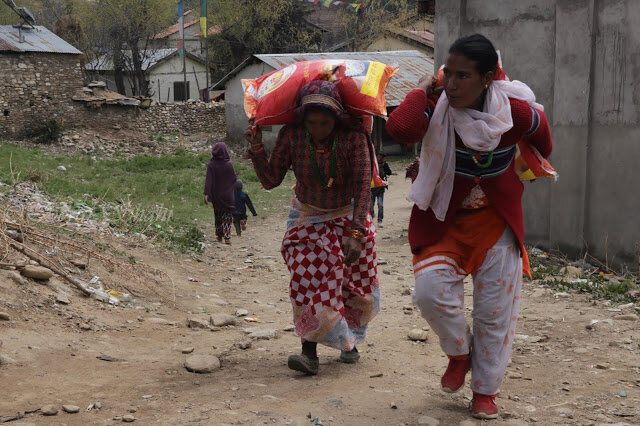

In Jumla for example, people have been lining up preparing for shortages of gas, salt, rice and cooking oil. Rural areas like this in Nepal will face great hurdles moving forward, as transportation and access is difficult. If you have watched any of my travel videos to Jumla, you have seen the crazy roads and amount of time it takes to get to this place. Check out the recent photo essay on the situation in Jumla by Soraj Shahi, a local volunteer with Project Namuna.
NEVER STOP GIVING A SHIT
Jholunge, Sindhupalchowk
At Manavta, we are again reminded about the importance of our work, and are humbled to continue our fight to end open defecation, teach and provide access to hand washing for children and their families, while climbing the hills to reach more communities in Nepal. Global strifes such as Covid-19, bring people from all hemispheres together in a fight of solidarity. But with this we should definitely remember that we are the lucky ones.
Urgent action is needed to ensure people around the world have access to clean water and good hygiene, not just today but every day. Be sure to stay up to date with us on our social media, drop us a line if you want to get involved and check out the Its Time to Give A Shit Campaign to help us reach our goal of getting proper sanitation to over 500 people this year. Stay safe, stay Clean!
